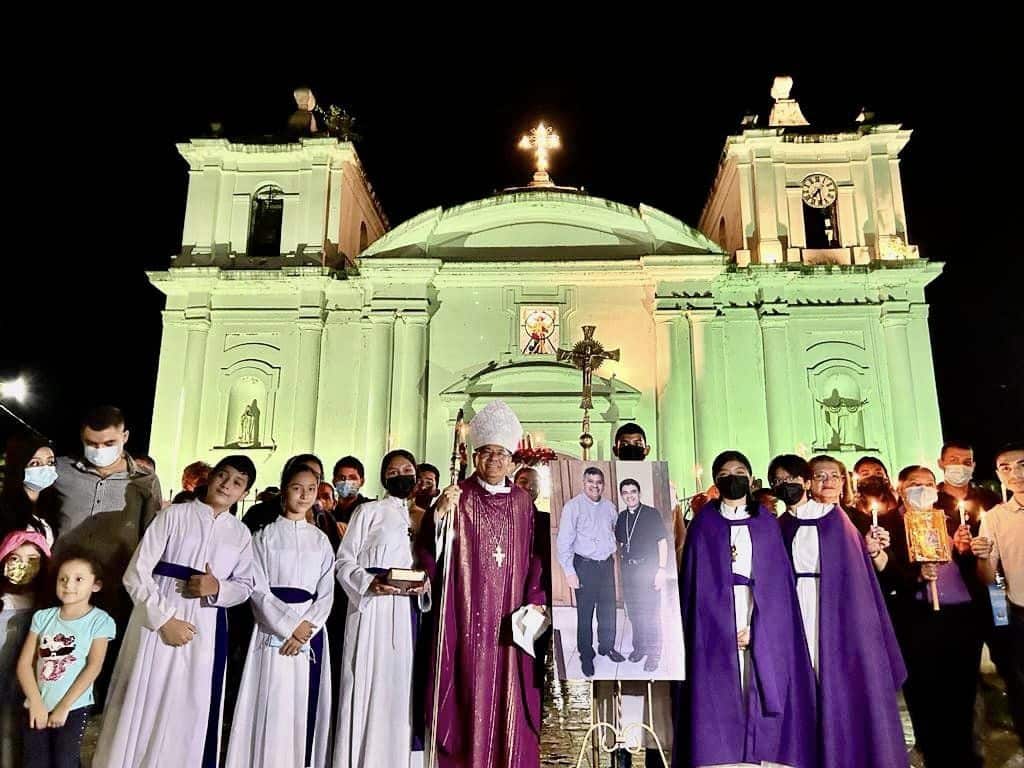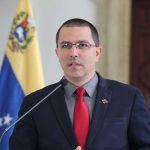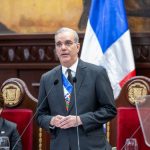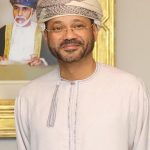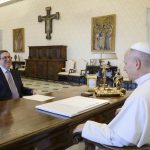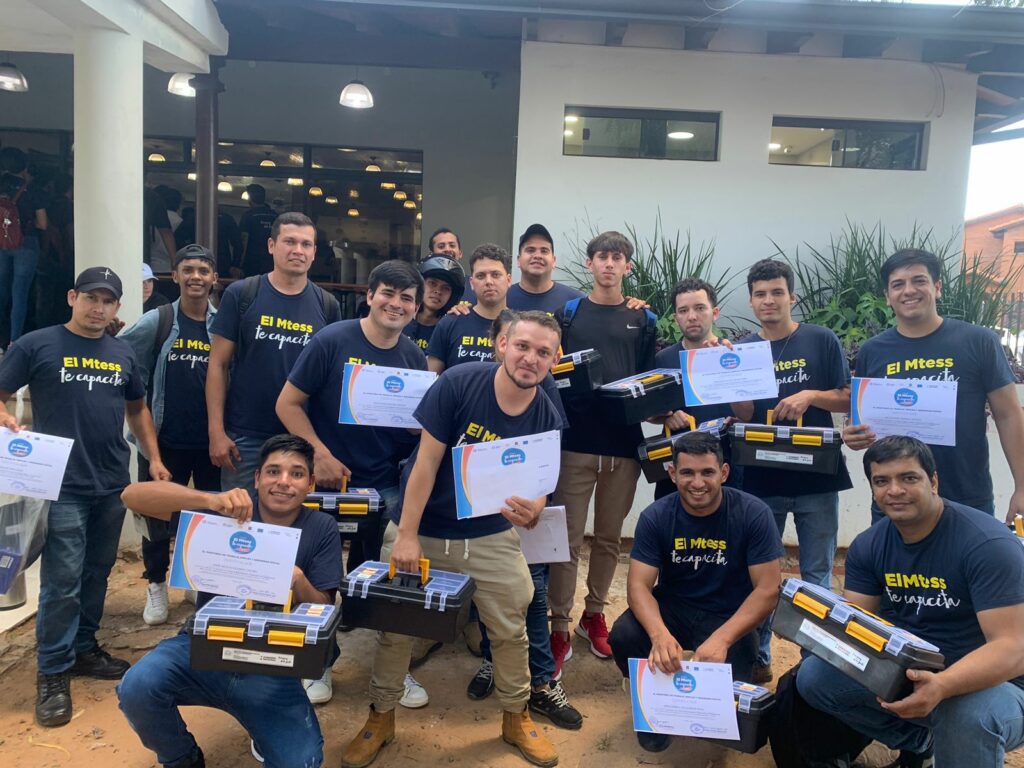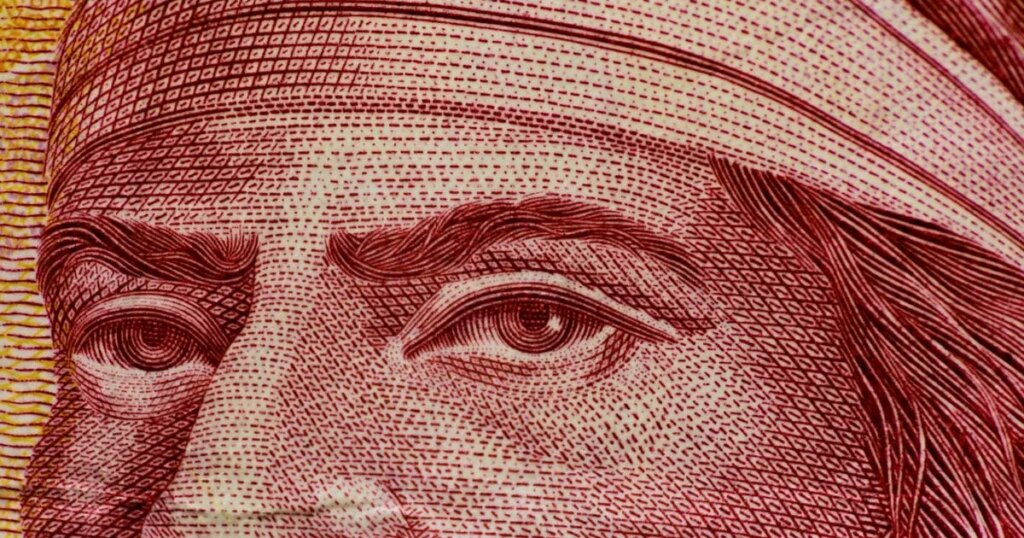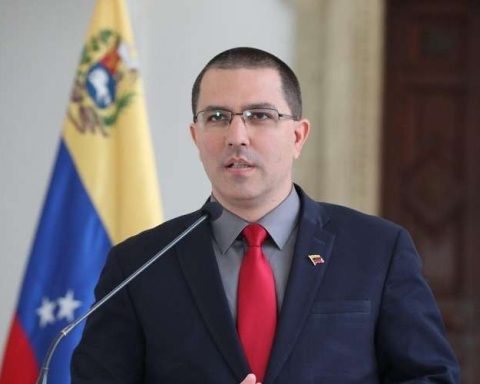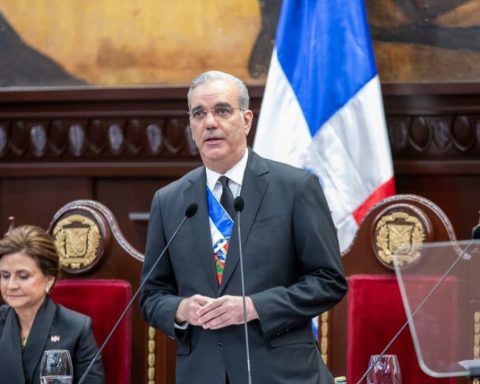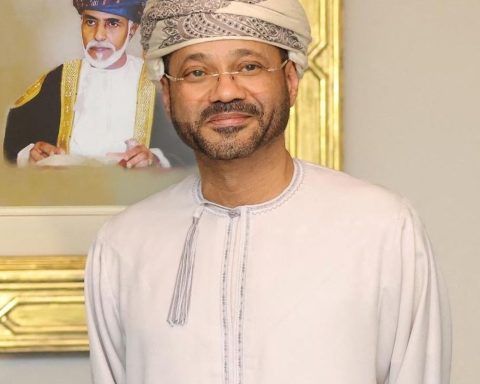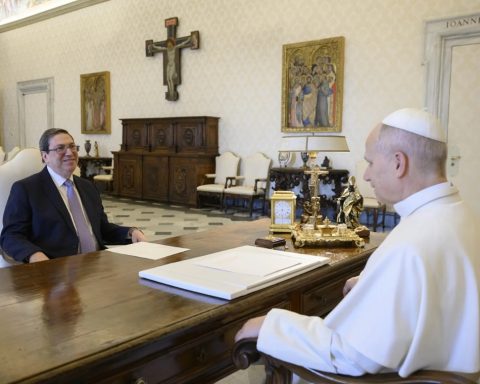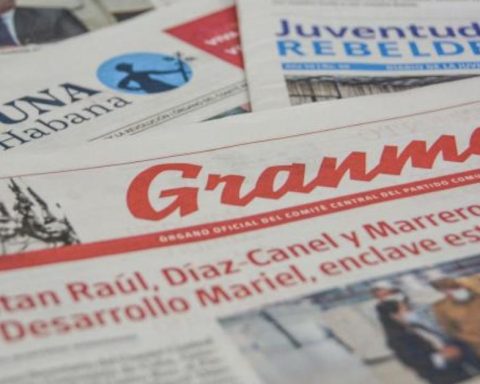Several kilometers away, while he has been under “household” for more than a hundred days, in Managua, a group of Catholic parishioners celebrated the birthday of Monsignor Rolando Álvarez, bishop of the Diocese of Matagalpa, apostolic administrator of the Diocese. de Estelí and a political prisoner of the Ortega regime. The protagonists of the tribute were the bishop of the Diocese of Danlí, in Honduras, Monsignor José Antonio Canales, and dozens of parishioners who participated in a vigil, in which they also denounced the fierce persecution of the Daniel Ortega regime against the Catholic Church.
“Monsignor Rolando Álvarez was a stone in the shoe (for the regime) precisely because he was so loved by the people,” said the Honduran bishop in an interview with the program Tonight. For this reason, she said, it is not surprising that he and other priests are trying to link them to false crimes. “In Nicaragua they can invent any crime because there is control of all the powers of the State by the Executive,” he said.
The Daniel Ortega regime keeps six priests, two seminarians and a layman imprisoned in El Chipote, while Monsignor Álvarez, has been at home for more than a hundred days in jail, being investigated allegedly for trying to “organize violent groups”, allegedly “with the purpose of destabilizing the State of Nicaragua and attacking the constitutional authorities.”
“None of them is a terrorist,” Monsignor Canales questioned, adding that “their only crime has been to criticize the repression and preach the Gospel.”
A plan against the Church and the people
Monsignor Canales has been a critical voice against the persecution and imprisonment of the Nicaraguan population by the Ortega regime, pointing out that since 2018 the repressive escalation against people who denounce human rights violations in the country has been evident.
“What was missing was to repress an institution that is so important in the life of Nicaraguans, such as the Catholic Church. Then these cornering began to occur, the persecution of patrols to parish priests to bishops. It is all a plan to destabilize, disturb and make anyone nervous, ”he claimed.
Bishop Álvarez served more than three months at home in jail, guarded by police, and without being officially accused of any crime. You know the bishop of Matagalpa. What do you think they can accuse him of?
In Nicaragua they can accuse you of anything, we see that from the outside here and you also see it inside how crimes are fabricated, because of course there is control of all the powers of the State by the Executive, which by the way is illegal starting from that in the quote-unquote elections that were held last year, they were totally lacking in legality and legitimacy.
In all the Constitutions of the world, the powers of the State are independent, but in Nicaragua the Executive gives orders to the Legislative and the Judiciary. Therefore, if they order someone to be credited with a crime, crimes are fabricated. It is derisory, for example, that it is said that because you express your ideas you are attacking the security of the State. That has no legal basis anywhere in the world (…) so I believe that this is the crime in quotes, that not only Monsignor Rolando Álvarez has but also thousands of Nicaraguans who are being imprisoned or are being watched.
Precisely, in addition to Monsignor Álvarez, there are ten other religious prisoners, the majority accused of conspiracy and propagation of false news, for criticizing the repression and preaching the Gospel. What do you think about these accusations? Are they valid to accuse priests?
All these people are innocent. None of these people has committed a terrorist act, all of them are imprisoned because they have expressed their ideas, that is why we call them prisoners of conscience because none of them is credited with an act of violence.
How do you assess the pastoral work of Monsignor Rolando Álvarez in contrast to the accusations or fabrication of crimes that could be taking place against him?
His absence hurts a lot. He is a much-loved bishop and it is because he is a bishop who relates to the people, who comes to a village and goes to the kitchen to talk with the ladies who are cooking food in the oven. He is such a close bishop, that for the Nicaraguan regime, he was a stone in the shoe, for being so loved by the people. He is a bishop who, wearing his cassock, can go anywhere, it doesn’t matter if he has to go by car or on the back of a mule. He is such a beloved and popular person that he expressed his disagreement against the persecutions that he was seeing happening around him at the time. That is why it was unforgivable, in quotes, for the regime to have him free and that is why he is as Monsignor Rolando Álvarez is.
Monsignor, the Government also expelled the Missionaries of Charity sisters from the country, and has closed many other Church NGOs that were dedicated to charity, education and social assistance. Who does this type of measure affect in a country like ours?
It affects the poor, the poorest because, I have no doubt that perhaps some NGOs should have a review, not only in Nicaragua but in any country in the world, because suddenly there may be some anomalies. That is normal, that there is a periodic review always within the framework of respect and legality.
So it is painful and it is very sad that a country like Nicaragua, as well as Honduras, because we are very similar in terms of the lack of funds to care for the poor; The sisters of the order founded by Mother Teresa of Calcutta have been expelled in such a categorical way that the crime they have committed has been caring for the elderly, caring for children. But I also understand it is a way that this type of dictatorial and authoritarian governments, who want to have a population that depends exclusively on them for everything.
Nicaraguans have lost a lot with this type of attitude (of the regime) because they are people who had come to serve Nicaraguans (…) because they were not civil servants, but rather people who were doing a job, not motivated by a salary, if not motivated by love of neighbor.
The Government has also banned religious processions in the country and has returned parishioners to parishes. Why do dictatorships prohibit acts of faith?
Because the fact that a group of people get together, not for motivations of supporting them, but for other motivations and in this case that those motivations are religious, in the purest sense of the social doctrine of the Church that invites us not to we do not stay on the purely religious plane, but we also start to see the world that surrounds us (…) then there is the fear, because afterward there is a mass and according to the Gospel the priest or the bishop is going to preach and in his preaching It is normal for comparative situations of lack of freedom, lack of respect for others, lack of respect for the lives of others to appear. So there is fear, especially in Catholicism.
In Nicaragua, a climate of silence persists on the part of the Church hierarchy in the face of the worsening persecution against priests and Bishop Rolando Álvarez himself. What do you think about that silence? What should the Church do?
I always say in these cases that one thing is to be watching the fire and another thing is to be inside the house that is on fire. So I am outside the fire, my brother bishops and Nicaragua are inside the house that is on fire, so I very much respect the way the Nicaraguan bishops act because I believe that they are doing what they should do within the framework of their own experience that they have there. So in that sense, I fully trust that the bishops and Nicaragua are acting in accordance with what they believe at this moment is the action they should have.
To what is the silence of the Vatican attributed, in situations of persecution like these?
Well, the Holy See has a close relationship, with its own apostolic nuncio in each country and with the Episcopal Conference. Unfortunately, it is an unprecedented event in modern history, that the apostolic nuncio was expelled from Nicaragua. This has thus created a rupture in normal relations and I have no doubt that this has been done and has been caused by the fact that the Holy See does not have impartial, more reliable information to issue an opinion.
So I repeat in an unprecedented event, so unprecedented that the Nicaraguan government itself has never issued a statement explaining why the apostolic nuncio was invited to leave the country, to put it diplomatically, and this type of repressive crusade against the Church can silence the prophetic voice of the Church.
Of its priests, I believe that in Nicaragua the Church is doing what it can and proof of theirs is that the parishes and Dioceses are continuing in the midst of such difficult situations. So, that we trust that the Nicaraguan Church, far from weakening and destroying it and disappearing it, because that is what one intuits when they see this type of reprisals against the Church, it will come out stronger.
The Church is 20 centuries old and in these 20 centuries there were many people who wanted to eliminate the Church as these two gentlemen who illegitimately govern Nicaragua now want. However, history tells us how all those people who wanted to eliminate the Church are no longer there.
Dozens of priests have had to go into exile due to political persecution in Nicaragua. They are religious who go out through sidewalks and blind spots. Have they known in Danlí about this situation?
I know about priests who have gone to Costa Rica more than to Honduras, but they have written to me, I have talked with them about the different ways that we can now do it. What you say most of them have had to leave through blind spots, because due to legal borders it is difficult for them to leave, it is also something unprecedented that the Government of a country prevents its nationals from entering the country itself.
I also have news of priests who at some point had to leave the country for some matter that they had to resolve and being Nicaraguans, they have not been able to return because perhaps at some point they said something in that freedom of expression that every human being has.
